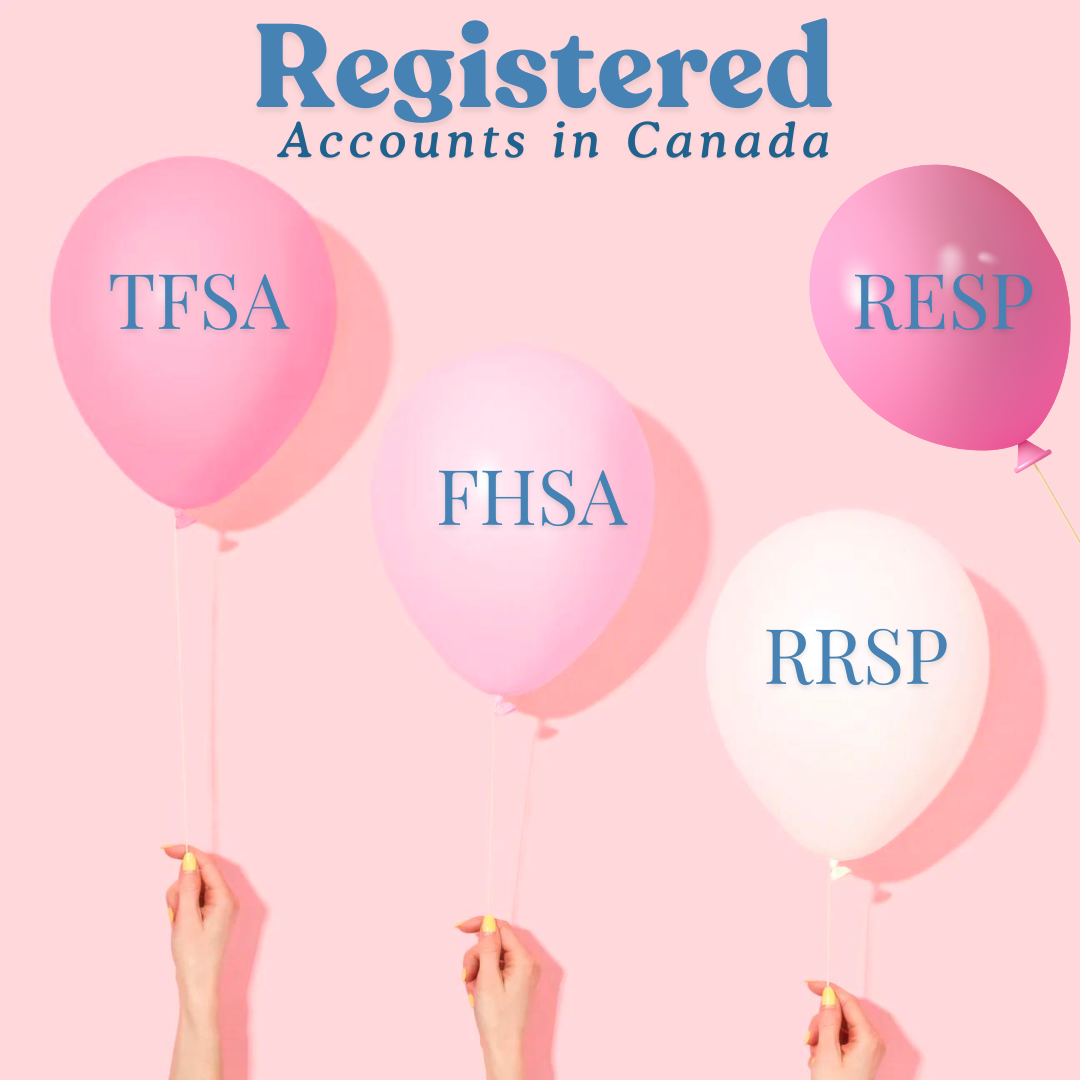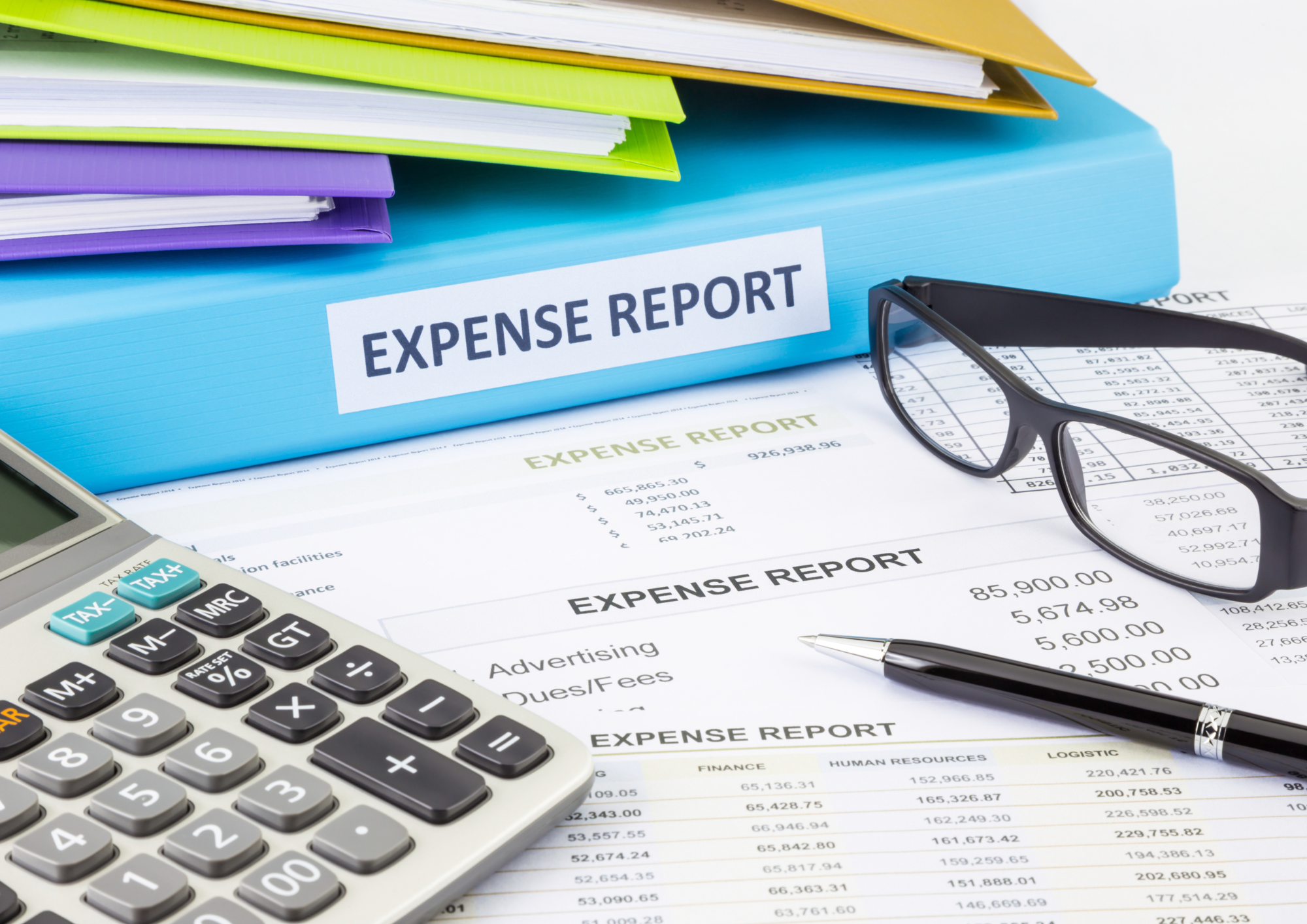As the end of the year approaches, it’s easy to get caught up in the holiday hustle and bustle. But Canadians should start thinking about tax planning and preparing to file their personal tax return. While enjoying all the holiday fun, here are some money and tax moves to ensure your family’s financial health in 2023.
- Review Your Withholdings
Are you self-employed? Did your employer withdraw enough taxes based on your income level? Now is the time to make sure that enough tax instalments or withdrawals have been made for 2022. In December you have a full picture of your overall 2022 income earned. Otherwise, you might be hit by an unwanted surprise come tax time in April if you are under-withheld with the tax authority. On the other side of the spectrum, I am not a fan of large tax refunds related to over contribution of taxes. A large refund can simply mean that you have given an interest free loan to the government for the year.
- Check Your Credit Card Balance and Credit Report
The best advice I ever received as a young adult, and I always pass it along, is to never carry a balance on a credit card. My rule is simple; if I can’t pay off my credit card in full, I cannot afford the purchase. Understandable there might be situations in life that result in a balance to run. If you have a balance running on your credit card, in most cases you are better off getting a line of credit or other loan at a lower interest rate and paying off credit card debt with the line of credit. Now is the time to review your credit report as well to ensure no errors or surprises. Equifax or TransUnion Canada are credit monitoring and reporting companies that can be used to access your credit report.
- Give to Charity
You have until Dec. 31 to make contributions and claim them on your 2022 taxes. In Canada you can receive a tax credit to registered charities. The maximum donation credit you can claim is 75% of your net income for the year. Generally, you can receive a 15% tax credit on your first $200 donated and 29% tax credit on amounts donated above $200. If you receive something in exchange for your donation, such as dinner or show tickets, then the value of what you received must be subtracted from the amount you donated and you can only claim the actual charitable tax credit for the difference.
- Registered Retirement Savings Plan (RRSP)
You have until March 1, 2023 to contribute to your RRSP if you want to bring down your 2022 taxes. If you haven’t maximized your RRSP, consider doing so within the first two months of 2023 and make it a habit moving forward to set regular contributions to your RRSP as you enter the new season. Remember not everyone can or should contribute to an RRSP (don’t get scammed – contact your accountant or a qualified financial advisor). Some of the questions I ask clients who ask me what the best amount to contribute for the year; what was your income level, how much tax did you pay, do you have contribution room (or do you need me to check with CRA) and does your employer have an RRSP matching program?
- Registered Education Savings Plan (RESP)
The deadline for contributing to a RESP for the 2022 tax year is December 31. While there are currently no annual contribution limits, you can receive the Canada Education Savings Grant (CESG) only on the first $2,500 in contributions per year, or up to the first $5,000 in contributions, if sufficient carry forward room exists. The RESP is my most recommended savings tool for those with children.
- Tax Free Savings Account (TFSA)
The maximum contribution limit to your TFSA for 2022 is $6,000. And the best time, if you need to withdraw money from your TFSA, is in December, because come January you might be able to contribute back what you have withdrawn. The TFSA contribution limit will increase to $6,500 for 2023!
- Capital Loss Planning
Capital gains or losses are realized when a capital property is disposed of. The capital gain or loss is the difference of fair market value less the property’s adjusted cost base. Realizing capital gains may be desired in years of lower income or when capital losses may exist to offset the gains. Some capital gain or loss strategies include disposing property slowly over time or delaying a disposition in a capital gain position to a future year when personal income is estimated to be lower. There are also types of losses that may be denied or deemed to be nil such as superficial losses or transferring assets in-kind for example.
In conclusion, act on money and tax saving steps and play by the income tax rules legally and enjoy more money in your pocket. Remember that this process should include discussions with a qualified advisor and tax professionals to ensure your entire situation is being considered.
Happy Holidays









